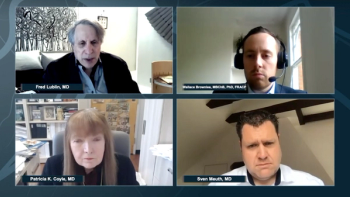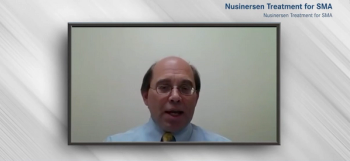
Videos

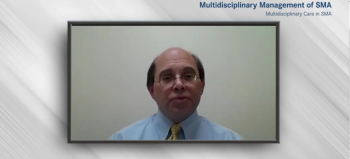
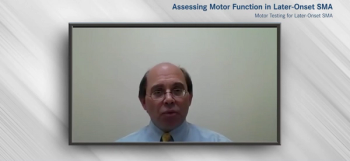
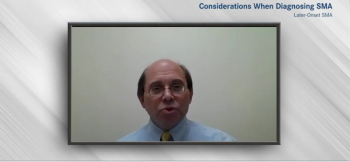


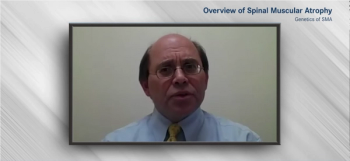
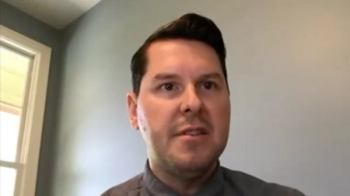
Sucheta M. Joshi, MD, MS, and Nicholas Beimer, MD, discuss their experience with EpiTRAQ and the role it can play in optimizing the epilepsy care transition.
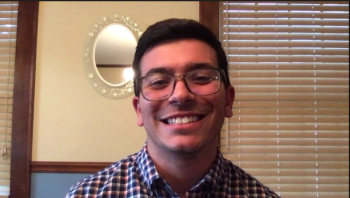
Neurology News Network for the week ending September 12, 2020.
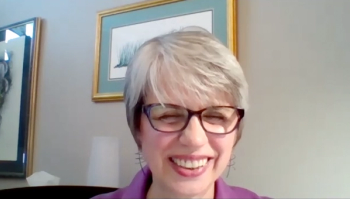
The chief medical officer at Cure SMA detailed the importance of having options for patients and how certain administration routes and schedules offer more personalized approaches, particularly for adult patients with SMA.
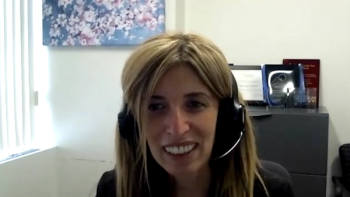
The investigator at the Healey & AMG Center for ALS at Massachusetts General Hospital spoke to the CENTAUR open-label extension and AMX0035’s development.
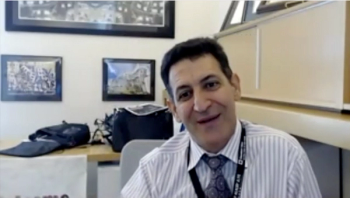
The director of the Lou Ruvo Center for Brain Health and neurologist at Cleveland Clinic highlighted the most pressing needs within the Alzheimer disease community.
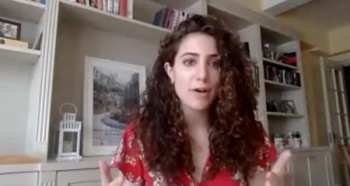
The neurology resident at NYU Langone described psychosocial implications that physicians faced during the COVID-19 pandemic and the toll it takes on them.
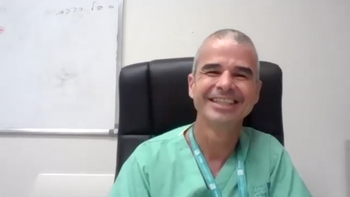
The director of the Sagol Center for Hyperbaric Medicine and Research at Yitzhak Shamir Medical Center offers takeaways on hyperbaric oxygen therapy.

The investigator at the Healey & AMG Center for ALS detailed the combination of AMX0035 and other agents and how ALSFRS-R scores translate to daily life.
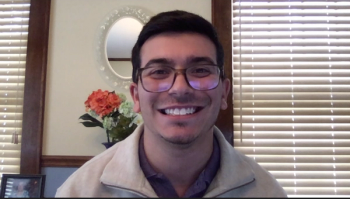
Neurology News Network for the week ending September 5, 2020.
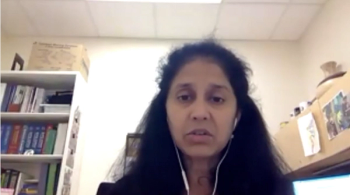
The pediatric neurologist at Hurley Medical Center of the University of Michigan Hospitals-Michigan Medicine, detailed the challenges those with epilepsy face when transitioning to adult care.

The investigator at the Healey & AMG Center for ALS spoke to the newly released findings of the phase 2/3 trial of the investigational combination ALS agent AMX0035.
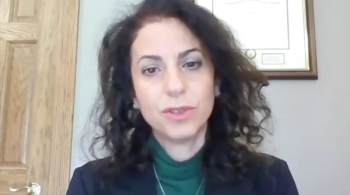
The chief research officer and epilepsy specialist at Cleveland Clinic detailed the reasons why epilepsy surgery is not utilized as often as it should, and her efforts to raise awareness.

